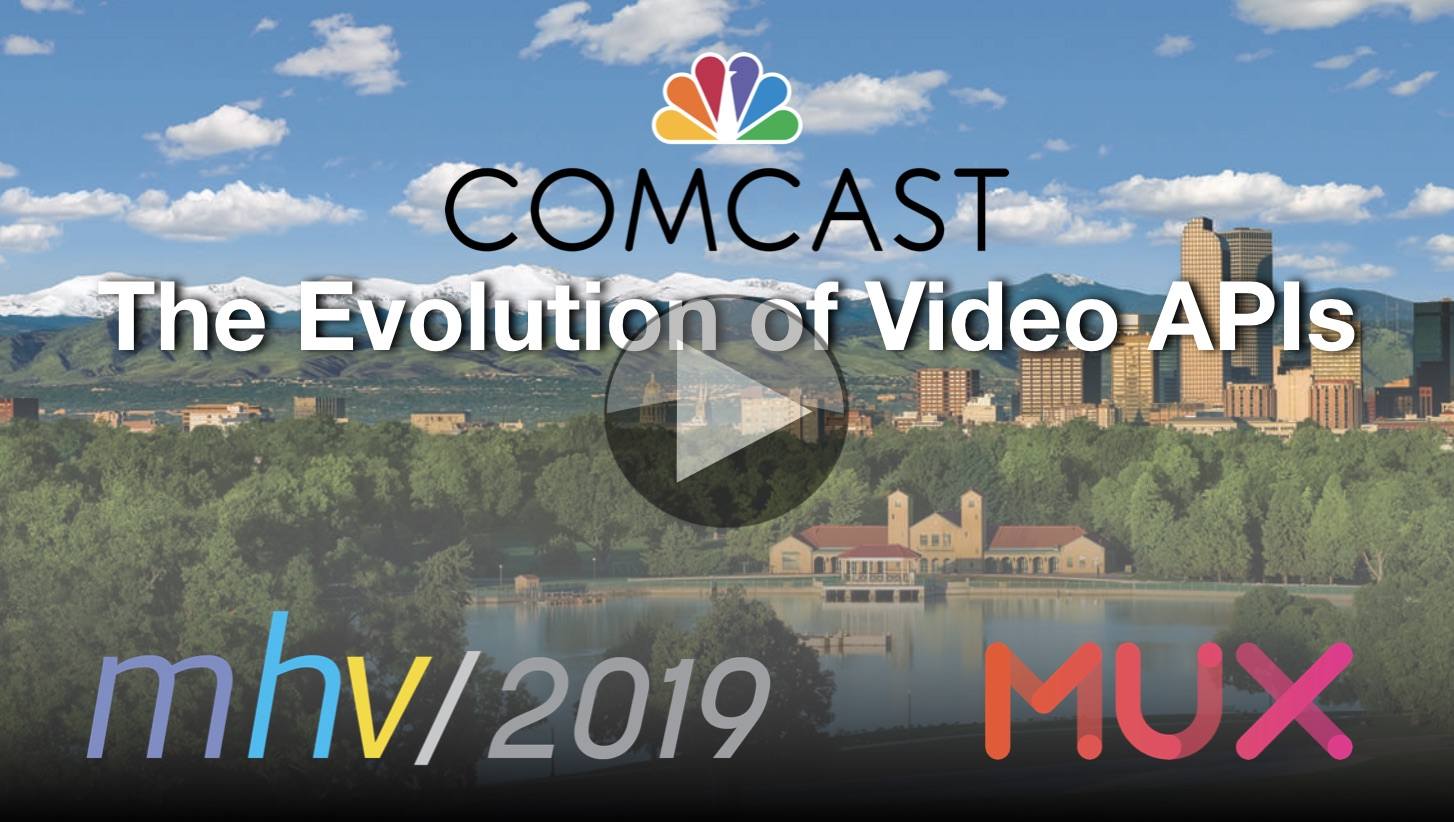APIs underpin our modern internet and particularly our online streaming services which all. An API is a way for two different programs or services to communicate with each other; allowing access, sharing locations of videos, providing recommendations etc.
Phil Cluff from Mux, takes a look at the evolution of these APIs, showing the simple ones, the complex and how they have changed as time has gone on, culminating in advice to the APIs writers of today and tomorrow.
Security is a big deal and increasingly is in focus for video companies. Whilst the API itself is usually sent over secure means, the service still needs to authenticate users and the use of DRM needs to be considered. Phil talks about this and ultimately the question comes down to what you are trying to protect and your attack surface.
APIs tend to come in two types, explains Phil, Video Platform vs ‘Encoding’ APIs. Encoding APIs a more than pure encoding APIs, there is transcoding, packaging, file transfer and other features built in to most ‘encoding’ services. Video Platform APIs are typically for a whole platform so also include CDN, Analytics, Cataloguing, playback and much more
In terms of advice, Phil explains that APIs can enable ‘normal’ coders – meaning people who aren’t interested specifically in video – to use video in their programs. This can be done through well thought out APIs which make good decisions behind the scenes and use sensible defaults.
API is so important, asserts Phil, that it should be considered as part of the product so treated with similar care. It should be planned, resourced properly, be created as part of a dialogue with customers and, most importantly, revisited later to be upgraded and improved.
Phil finishes the talk with a number of other pieces of advice and answers questions from the floor.
Speaker
 |
Phil Cluff Streaming Specialist, Mux |


